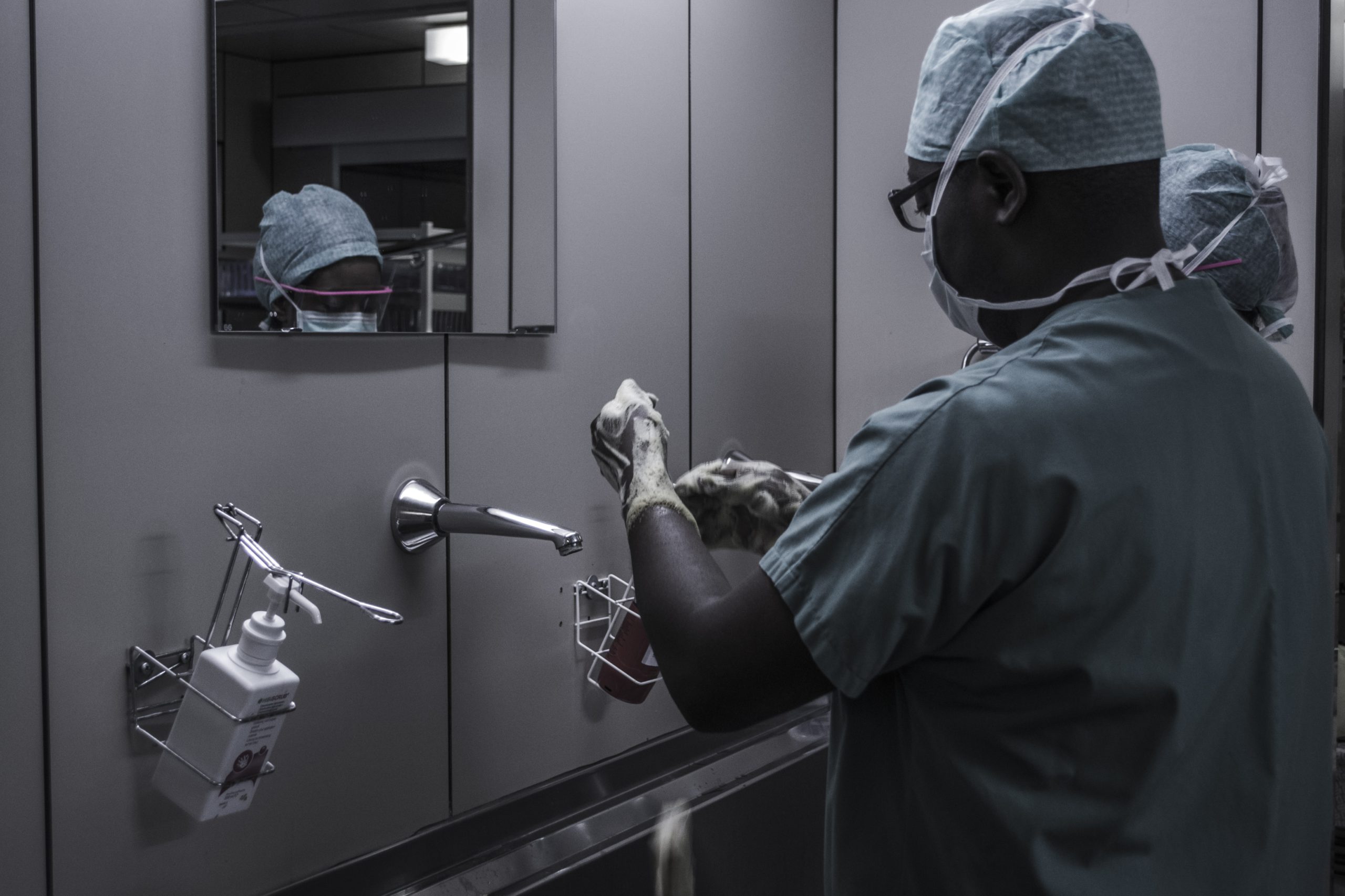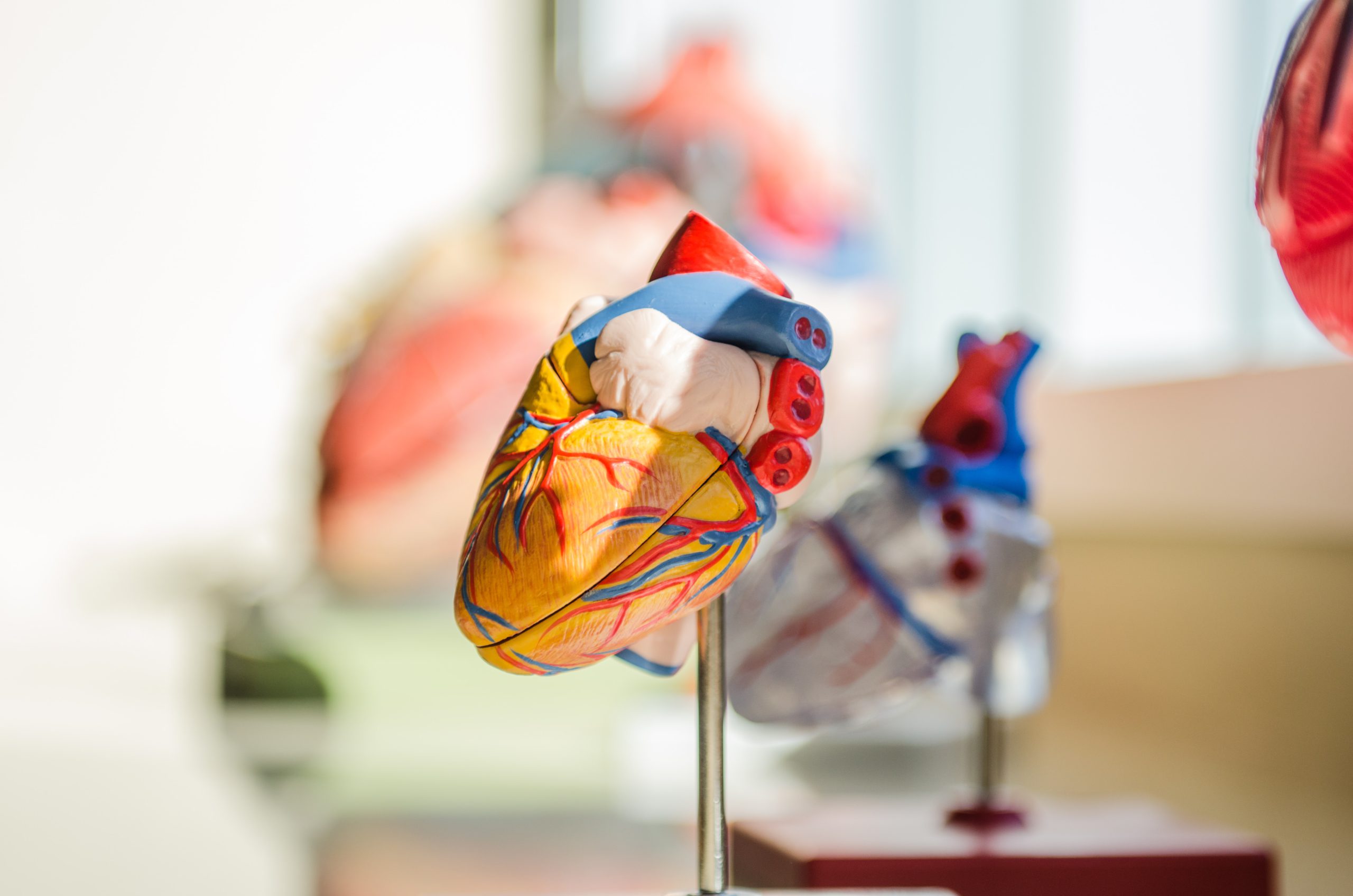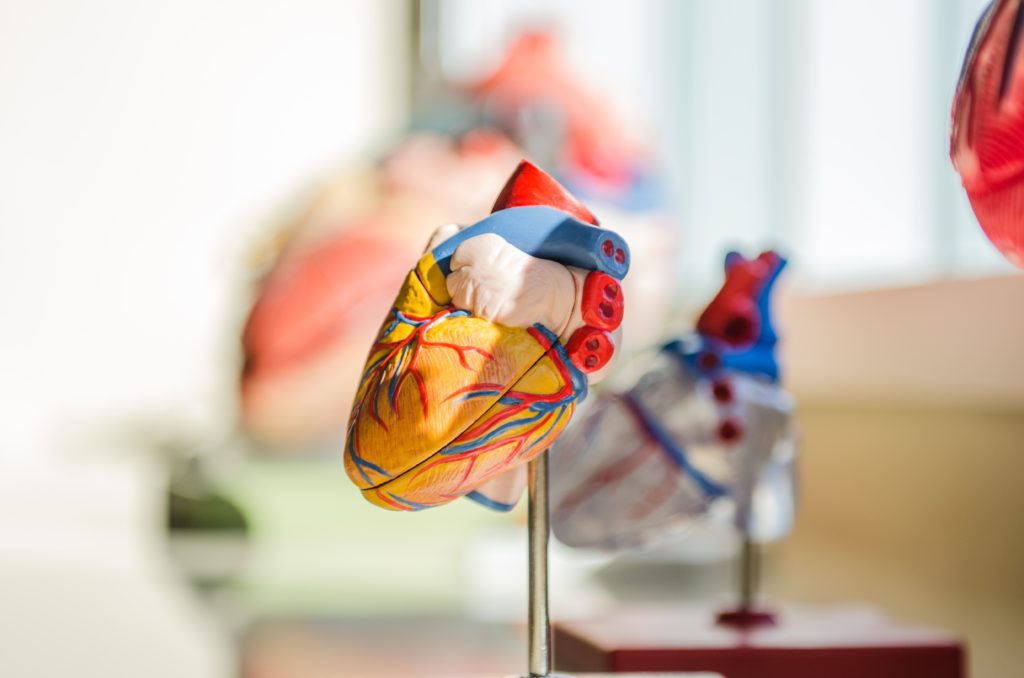In this article, we explore the question: Does NAC promote tumor growth? N-Acetyl L-Cysteine (NAC) is known for its numerous health benefits, including its ability to act as a natural antioxidant and detoxifier. By fighting free radicals, supporting liver function, and boosting the immune system, NAC has been praised for its positive impact on overall well-being. However, there have been concerns about whether NAC might actually promote tumor growth. Let’s delve into this topic and examine the scientific evidence behind this claim.

Overview of N-Acetyl L-Cysteine (NAC)
What is NAC?
N-Acetyl L-Cysteine, commonly known as NAC, is a natural antioxidant and detoxifier that has gained popularity in recent years due to its numerous health benefits. It is a form of the amino acid cysteine and is often used as a dietary supplement. NAC is known for its powerful antioxidant properties and ability to support various bodily functions, including liver function and immune system health.
Benefits of NAC
NAC offers a wide range of benefits for overall health and well-being. As an antioxidant, it helps neutralize harmful free radicals in the body, reducing oxidative stress and the risk of chronic diseases. NAC also plays a role in liver function by supporting detoxification processes and promoting cellular health. Additionally, it has been found to boost the immune system, enhancing the body’s defense against infections and illnesses. With its many potential health benefits, NAC has become a popular supplement choice for those seeking to improve their overall health.
NAC and Free Radicals
Effects of Free Radicals
Free radicals are unstable molecules that can cause damage to cells and tissues in the body. These harmful molecules are produced as byproducts of normal bodily processes, as well as through exposure to environmental toxins such as pollution and cigarette smoke. When free radicals accumulate in the body, they can lead to oxidative stress, which has been linked to various health conditions such as heart disease, cancer, and aging.
How NAC Fights Free Radicals
NAC plays a crucial role in combating the harmful effects of free radicals. As a potent antioxidant, it has the ability to donate electrons to neutralize free radicals, reducing their damaging effects. NAC also increases the production of glutathione, a powerful antioxidant enzyme that helps protect cells from oxidative stress. By scavenging free radicals and boosting glutathione levels, NAC effectively supports the body’s defense against oxidative damage and helps maintain overall health.
NAC and Liver Function
Importance of Liver Function
The liver is a vital organ responsible for various physiological processes, including detoxification, metabolism, and the production of essential proteins. It plays a crucial role in maintaining overall health by filtering toxins from the blood, storing important nutrients, and producing bile for digestion. Impaired liver function can have serious consequences and may lead to conditions such as liver disease, fatty liver, or liver failure.
How NAC Supports Liver Function
NAC has been found to have several beneficial effects on liver function. It acts as a precursor to glutathione, a key antioxidant enzyme that is essential for liver detoxification processes. By increasing glutathione levels, NAC helps enhance the liver’s ability to neutralize toxins and protect against oxidative damage. Additionally, NAC has been shown to reduce inflammation in the liver, which can contribute to liver disease development. Its ability to support liver function makes NAC a valuable supplement for those looking to improve their liver health.
NAC and the Immune System
Role of the Immune System
The immune system is the body’s defense mechanism against foreign invaders such as bacteria, viruses, and parasites. A healthy immune system is crucial for maintaining overall health and preventing infections and diseases. A compromised immune system can lead to frequent illnesses and increased susceptibility to infections.
How NAC Boosts the Immune System
NAC has been reported to have immunomodulatory effects, meaning it can help regulate immune system function. It has been found to enhance the activity of certain immune cells, such as natural killer (NK) cells and T cells, which play a crucial role in fighting off infections and cancer cells. NAC’s ability to boost immune cell function strengthens the body’s defense against pathogens and may contribute to overall immune system health.

Understanding Tumor Growth
Definition of Tumor
A tumor is an abnormal growth of cells that can occur in any part of the body. Tumors can be benign, meaning they do not spread to other parts of the body, or malignant, which indicates cancerous growth that can invade nearby tissues and spread to other organs. Tumor growth is a complex process involving various factors and mechanisms.
Factors that Contribute to Tumor Growth
Tumor growth is a result of both genetic and environmental factors. Genetic mutations can lead to uncontrolled cell growth, while environmental factors such as exposure to carcinogens or chronic inflammation can promote tumor development. The interaction between these factors plays a critical role in tumor initiation, progression, and metastasis.
Controversial Findings
Studies Suggesting NAC Promotes Tumor Growth
Some studies have raised concerns about the potential role of NAC in promoting tumor growth. These studies have reported that NAC may have pro-oxidant effects under certain conditions, causing DNA damage and promoting tumor growth. The findings have sparked debates and raised questions about the safety and efficacy of NAC supplementation, particularly in cancer patients.
Critiques of these Studies
Critics argue that the studies suggesting NAC promotes tumor growth have limitations and should be interpreted with caution. They point out that the experiments were conducted in vitro or using animal models, and the results may not directly translate to human subjects. Additionally, the dosage and duration of NAC supplementation in these studies may not reflect real-world usage in humans. Further research is needed to establish a clear understanding of the potential effects of NAC on tumor growth.

Potential Mechanisms for Tumor Growth
NAC and DNA Damage
One potential mechanism by which NAC could promote tumor growth is through its pro-oxidant activity. In certain conditions, NAC can generate reactive oxygen species (ROS), which can cause DNA damage and potentially lead to genetic mutations. DNA damage is a hallmark of cancer development, and if NAC’s pro-oxidant effects outweigh its antioxidant properties, it may contribute to tumor growth.
NAC and Cellular Signaling
Another potential mechanism is related to cellular signaling pathways. NAC has been found to modulate various signaling pathways involved in cell growth and survival. If these pathways are dysregulated, NAC supplementation could potentially disrupt the delicate balance between cell proliferation and apoptosis, leading to uncontrolled cell growth and tumor formation.
Other Perspectives
Contrasting Studies
While some studies suggest a potential link between NAC and tumor growth, other studies have found no such association or have even reported anticancer effects of NAC. These contrasting findings add to the complexity of the subject and highlight the need for further research to fully understand the effects of NAC on tumor growth.
Possible Explanations for Contradictory Findings
The contradictory findings could be attributed to various factors, including differences in study design, sample size, experimental conditions, and the type of cancer being studied. It is also possible that NAC’s effects on tumor growth may vary depending on individual factors such as genetic predisposition or underlying health conditions. More research is needed to reconcile these discrepancies and determine the precise role of NAC in tumor development.
Considerations for Further Research
Factors to be Addressed in Future Studies
Future studies investigating the potential link between NAC and tumor growth should consider various factors to ensure reliable and accurate results. These factors include using appropriate dosage levels and treatment durations, conducting studies in human subjects, considering different cancer types, and examining the interplay between NAC supplementation and other treatments or therapies.
New Approaches to Investigate NAC and Tumor Growth
Advancements in research techniques, such as sophisticated imaging and genetic analysis methods, can provide valuable insights into the effects of NAC on tumor growth. In vitro and in vivo experimental models that more accurately mimic human physiological conditions can also help shed light on the complexities of NAC’s interactions with tumor cells. Exploring new approaches can help researchers gain a deeper understanding of the potential implications of NAC supplementation in cancer patients.
Conclusion
In conclusion, N-Acetyl L-Cysteine (NAC) offers numerous health benefits, including its role as an antioxidant, liver function supporter, and immune system booster. While some studies have suggested a potential link between NAC and tumor growth, the findings remain controversial and require further research. The potential mechanisms for NAC’s effects on tumor growth include its pro-oxidant activity and modulation of cellular signaling pathways. However, contrasting studies and possible explanations for contradictory findings highlight the complexity of the subject. Considerations for further research include addressing various factors in future studies and exploring new approaches to investigate the potential implications of NAC supplementation in cancer patients. Overall, NAC continues to be a fascinating area of study, and more research is needed to fully understand its role in tumor growth.







